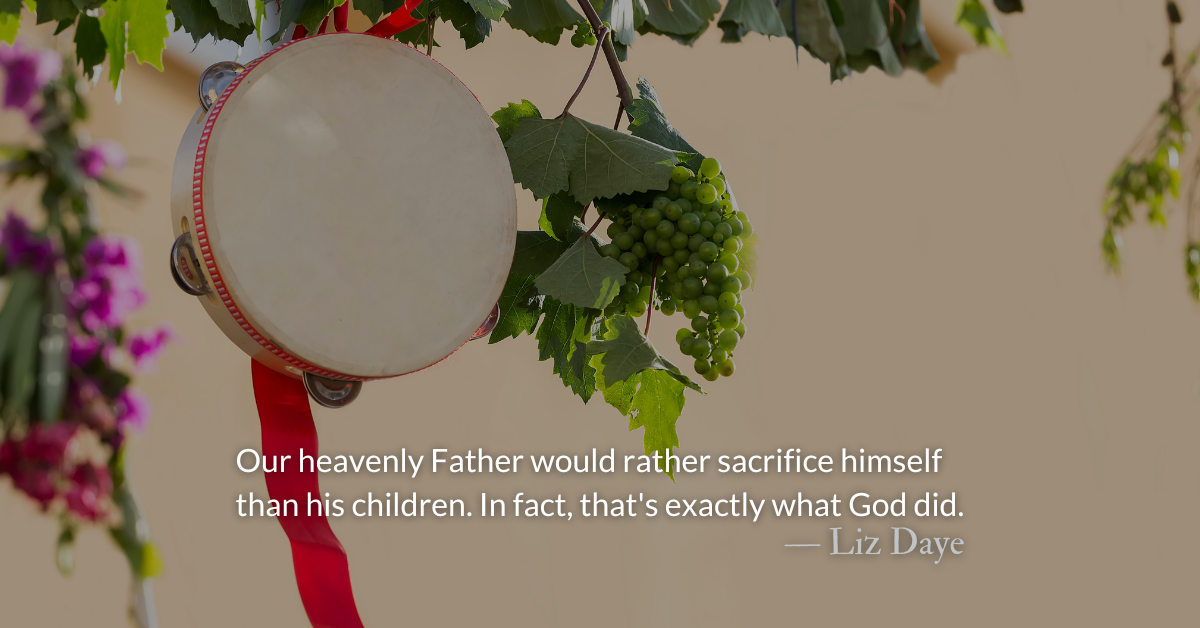Reflection: God Who Speaks
By John Tillman
The text of Hebrews makes no claim of authorship but the identity of its writer or writers has been a hotly debated topic amongst Bible scholars through the centuries. (My favorite theory is that it is a collaboration of multiple teachers such as Paul, Priscilla, Apollos, and perhaps others.) As Origen said, “Who wrote the letter, God only knows with certainty.”
Though we may not know with certainty who the letter was from, we know who it was written to—Jewish believers who were early converts to Christianity. (Most scholars date its writing to approximately 68-70 AD.)
The Jews this text was written to were people accustomed to the idea of a God who spoke. Most religions were not. Most gods don’t speak. But our God does. He speaks to us as he spoke to so many in the scriptures.
He speaks our name, as he spoke to Mary outside the tomb. (John 20.13-18) He knows our past and redeems our identity from damages, both self-inflicted and those from the sufferings of this world. We are intimately known, intimately cared for, and intimately called.
He speaks good news, as he did from his first sermon. (Luke 4.18-21) He speaks of God’s Kingdom, near and accessible. A Kingdom of goodness, not just for some but for all. He speaks of lifting the head of the poor and humbling the heads of the powerful.
He speaks rebuke, to the world but also to us. (Luke 9.54-56; Mark 16.13-15; Mark 8.32-34) Christ rebukes sin in us. (John 8.10-11) Christ didn’t come to ignore sin; he came to destroy sin. We like Jesus to say, “Woe to you,” and point at others. But when he turns to us and says, “Get behind me, Satan,” it is difficult not to be offended. And when we have taken sin into our hearts and let its tendrils penetrate us, destroying sin will be painful to us.
He speaks comfort, as he spoke to the disciples. (John 14.1-6) By his words we know we will have suffering in this world, but also by his words we know that the Holy Spirit is our comforter, co-sufferer, and source of sustaining life.
He speaks through us. When Christ speaks our name, he speaks a benediction, a “sending blessing” that we are to carry to the world. Christ makes his appeal to the world through us, (2 Corinthians 5.20) so let us be appealing in the way we serve and in the way we speak.
Amen.
Divine Hours Prayer: The Refrain for the Morning Lessons
“This is my Son, the Chosen One. Listen to him.” — Luke 9.35
– From The Divine Hours: Prayers for Summertime by Phyllis Tickle.
Today’s Readings
Judges 14 (Listen 3:35)
Hebrews 1 (Listen 2:15))
Share a Readers’ Choice post!
#ReadersChoice is a time for you to share your favorite Park Forum posts from the year.
What post helped you pray more frequently?
https://forms.gle/dfa88nayaEEqiy9X7
ReadersChoice-pray
Read more about Supporting Our Work
Donations from people just like you, keep our ministry going. Please consider becoming a donor and supporting our ad-free content.











